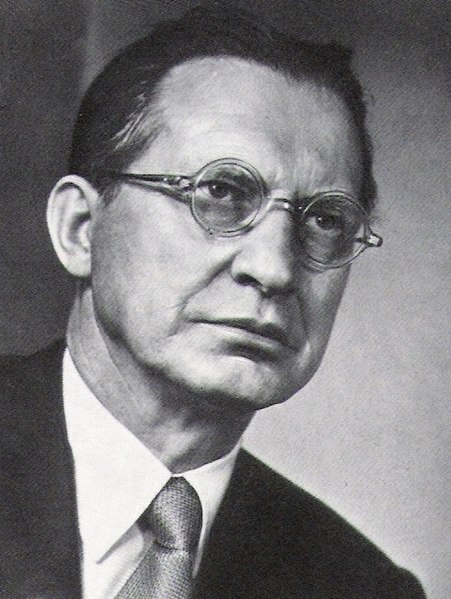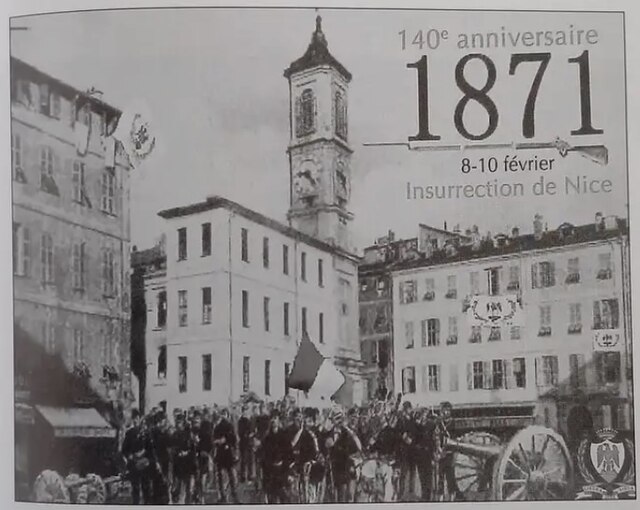Foreign relations of Italy
The foreign relations of the Italian Republic are the Italian government's external relations with the outside world. Located in Europe, Italy has been considered a major Western power since its unification in 1860. Its main allies are the NATO countries and the EU states, two entities of which Italy is a founding member. Italy was admitted to the United Nations in 1955, and it is a member and a strong supporter of a wide number of international organisations, such as the Organisation for Economic Co-operation and Development (OECD), the General Agreement on Tariffs and Trade and World Trade Organization, the Organization for Security and Co-operation in Europe (OSCE), the Council of Europe, and the Central European Initiative.
Italian ethnic regions claimed in the 1930s by Italian irredentists: * Green: Nice, Ticino and Dalmatia * Red: Malta * Violet: Corsica * Savoy and Corfu were later claimed
Alcide De Gasperi, first republican Prime Minister of Italy and one of the Founding Fathers of the European Union
Italian irredentism was a political movement during the late 19th and early 20th centuries in Italy with irredentist goals which promoted the unification of geographic areas in which indigenous peoples were considered to be ethnic Italians. At the beginning, the movement promoted the annexation to Italy of territories where Italians formed the absolute majority of the population, but retained by the Austrian Empire after the Third Italian War of Independence in 1866.
Italian ethnic regions claimed in the 1930s: * Green: Nice, Ticino and Dalmatia * Red: Malta * Violet: Corsica * Savoy and Corfu were later claimed.
Monument to Pasquale Paoli, the Corsican hero who made Italian the official language of his Corsican Republic in 1755
Giuseppe Garibaldi, a prominent Niçard Italian
Pro-Italian protests in Nice, 1871, during the Niçard Vespers





